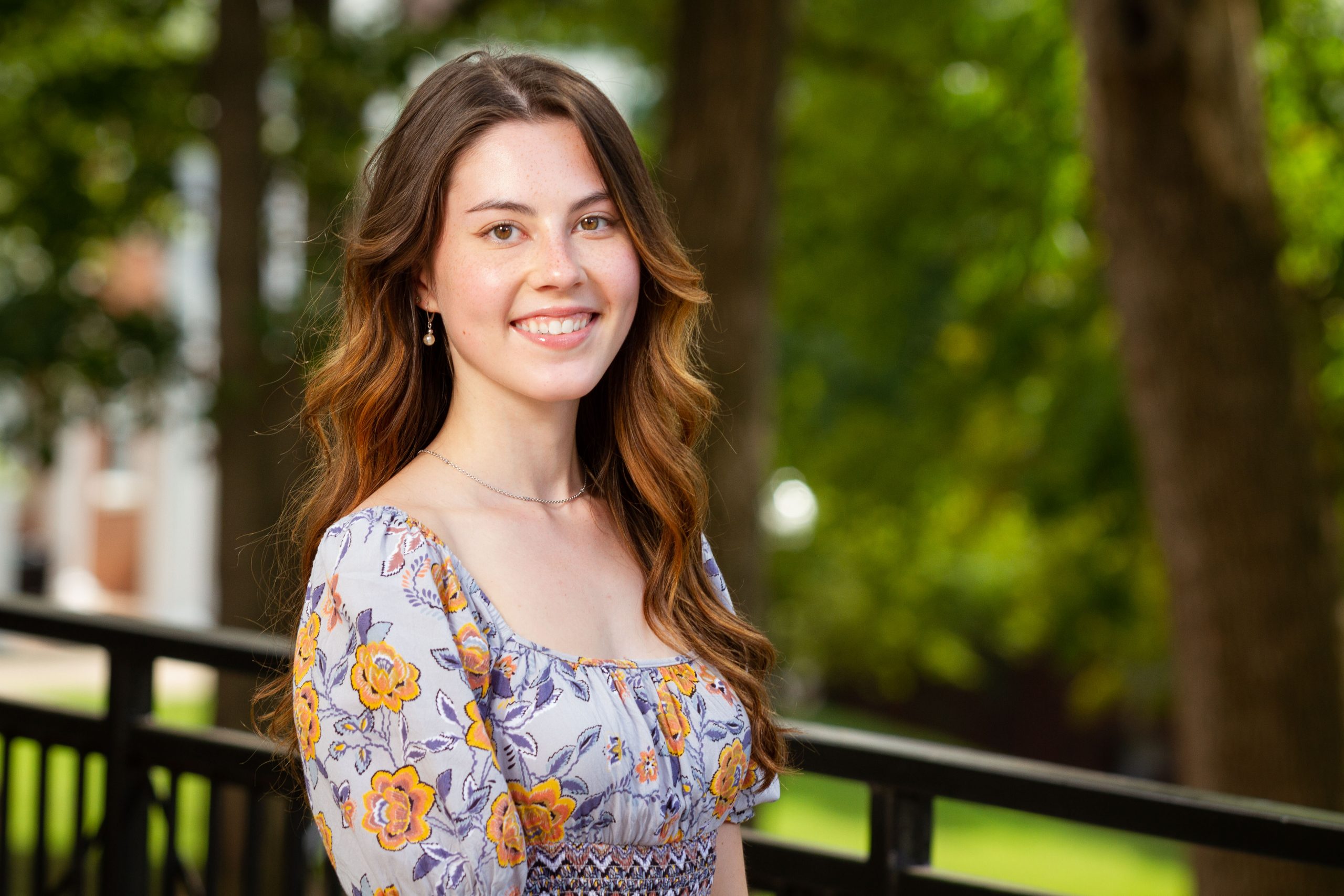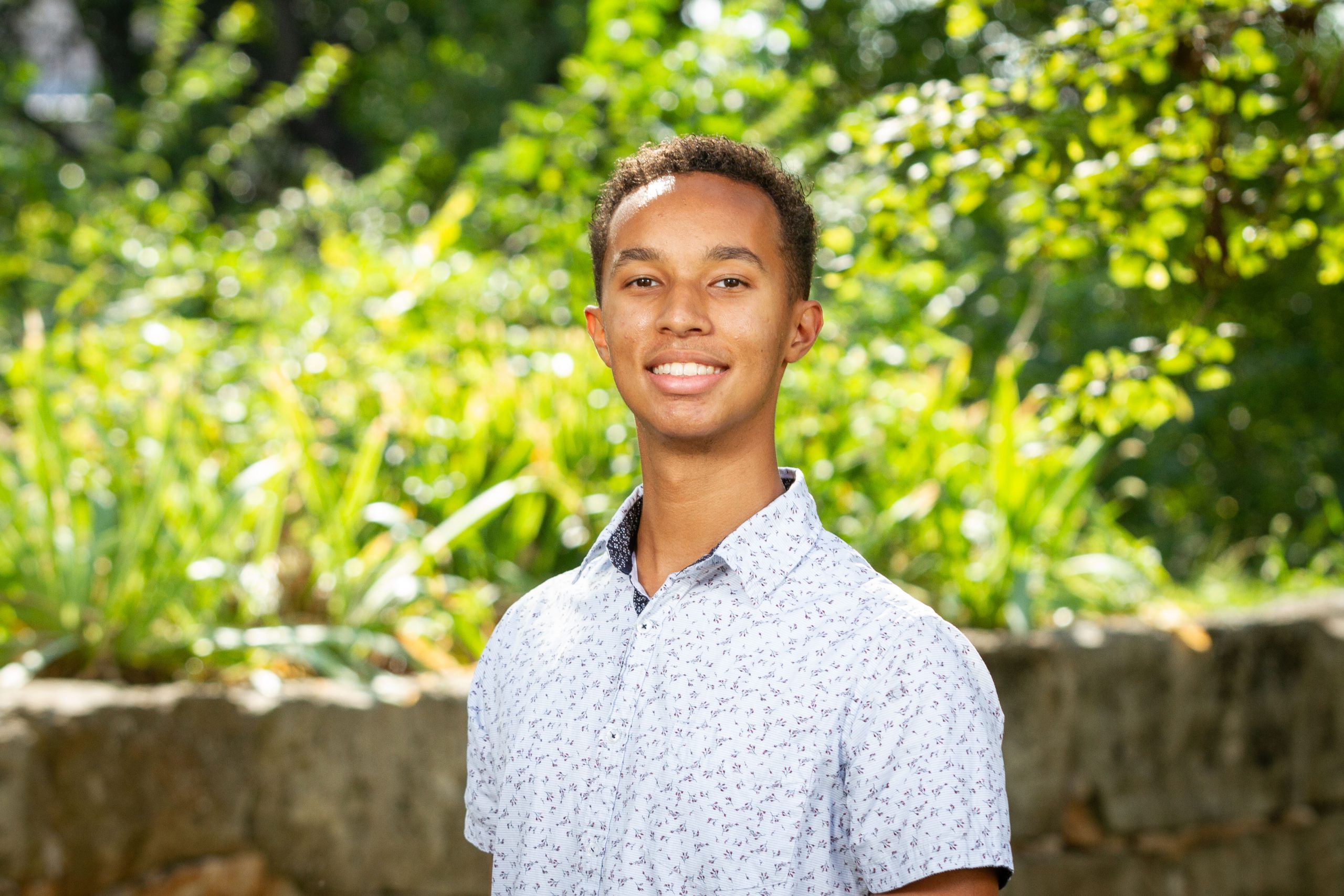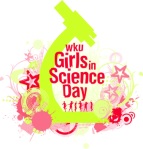Today marks a unique celebration for a little known figure in history and science: Ada Lovelace.
Ada Lovelace was born in 1815. Lovelace was one of the world’s first computer programmers, and one of the first people to see computers as more than just a machine for doing sums. She wrote programs for Charles Babbage’s Analytical Engine, a general-purpose computing machine, despite the fact that it was never built. She also wrote the very first description of a computer and of software.
You can read more on the Finding Ada website’s About page or Wikipedia.
Even though her accomplishments are almost two centuries old, history has often lost sight of the countless women who have contributed to the discoveries and discourse that mark some of the greatest achievements in human thought.
Somewhere around fifty years ago, the closest relationship many people observed between women and technology was the vacuum cleaner. It has often been lamented that STEM subjects (science, technology, mathematics, and engineering) are male-dominated fields that are unwelcoming to women. When talking about the Academy to people across the state, I often hear the assumption that we have more male students in our program than females or that there must be way more young men who apply to the program than women. Of course our program is home to sixty female and female students each year.
Perhaps more interesting is the fact that our applicant pool is extremely balanced in terms of male and female applicants, with each previous year fielding applications from more young women than men.
Those 120 students selected to attend the Gatton Academy are pretty lucky to study under and learn from outstanding female educators and professionals. In preparation for writing this article, Tim and I sat in his office listing off the female faculty members who daily deliver engaging lectures, sponsor students in their labs, involve them in their own pursuits, and serve as mentors for our developing young scholars.
Today, we celebrate the legacy of Ada Lovelace by showing our appreciation for women in STEM and the young women who will one day lead in those fields. Ada Lovelace Day is an international day of blogging to draw attention to the achievements of women in technology and science. Over the last fifty hours, over 2000 individuals from across the world have shared stories about their favorite heroines, mentors, and pioneers. In celebration of Ada Lovelace Day, I asked several female faculty members to weigh in on the role of women in STEM.
Certainly one of the greatest challenges ahead is getting more young women interested in math and science from an early age. This past weekend, Ogden College hosted it’s Girls in Science Day, an event that was featured on the front page of the Sunday edition of the Bowling Green Daily News.
Dr. Uda Ziegler, a professor of computer science at WKU, related some of the major issues that face educators and professionals in cultivating interest in these fields: the examples of STEM (robots, the moon landing, Star Wars, etc.) are geared toward stereotypical male interests; the lack of portrayal of successful women in media in STEM fields; that young women are often more critical of their accomplishments and, as a consequence, often decide they are not “cut out” for STEM; and a substantial attrition of female interest in STEM between grades five and twelve. As these young women enter college and are on the cusp of professional life, they have to juggle the concept of family and perceived social norms.
As Dr. Ziegler so keenly notes, the challenges are many. Dr. Stacy Wilson, a professor of engineering at WKU, added that generating interest requires a balance to “help young women understand that there is great potential for them to have meaningful careers in the STEM disciplines. However, it is also important to equip them with the skills they need to be successful.”
In many ways, though, the key to increasing female interest in STEM is to cultivate an interest in these subjects in all students, noted Dr. Cheryl Davis, a professor of biology. “We must do a better job of teaching science and math to all children,” she said, “especially at the elementary and middle school levels.”
Some of the greatest examples of high-level learning in math and science are found each year in the Intel Science Talent Search. High school students from across the country demonstrate that innovation is not constrained to the future or advanced degrees. Young women and men are already shaping the discourse that will be important in fashioning the role of America in STEM this century.
In Saturday’s New York Times, columnist Thomas Friedman, a friend of STEM and author of such books as The World is Flat, shared his experiences at this year’s awards ceremony. His passion for these subjects is clear. One passage from the column struck me as quite powerful:
Seriously, ESPN or MTV should broadcast the Intel finals live. All of the 40 finalists are introduced, with little stories about their lives and aspirations. Then the winners of the nine best projects are announced. And finally, with great drama, the overall winner of the $100,000 award for the best project of the 40 is identified. This year it was Erika Alden DeBenedictis of New Mexico for developing a software navigation system that would enable spacecraft to more efficiently “travel through the solar system.” After her name was called, she was swarmed by her fellow competitor-geeks.
Young women like Erika are the future of STEM. At the Gatton Academy, we’re happy to help provide female and male students with the experiences and momentum to change the world through research, inquiry, and innovation in science and math.
I think Ada would be proud of the work we’re doing, our outstanding mentors, and the infinite possibilities ahead.









 Saturday to spend eight months in Argentina as a recipient of a 2009-2010 Fulbright English Teaching Assistantship (ETA) grant.
Saturday to spend eight months in Argentina as a recipient of a 2009-2010 Fulbright English Teaching Assistantship (ETA) grant.